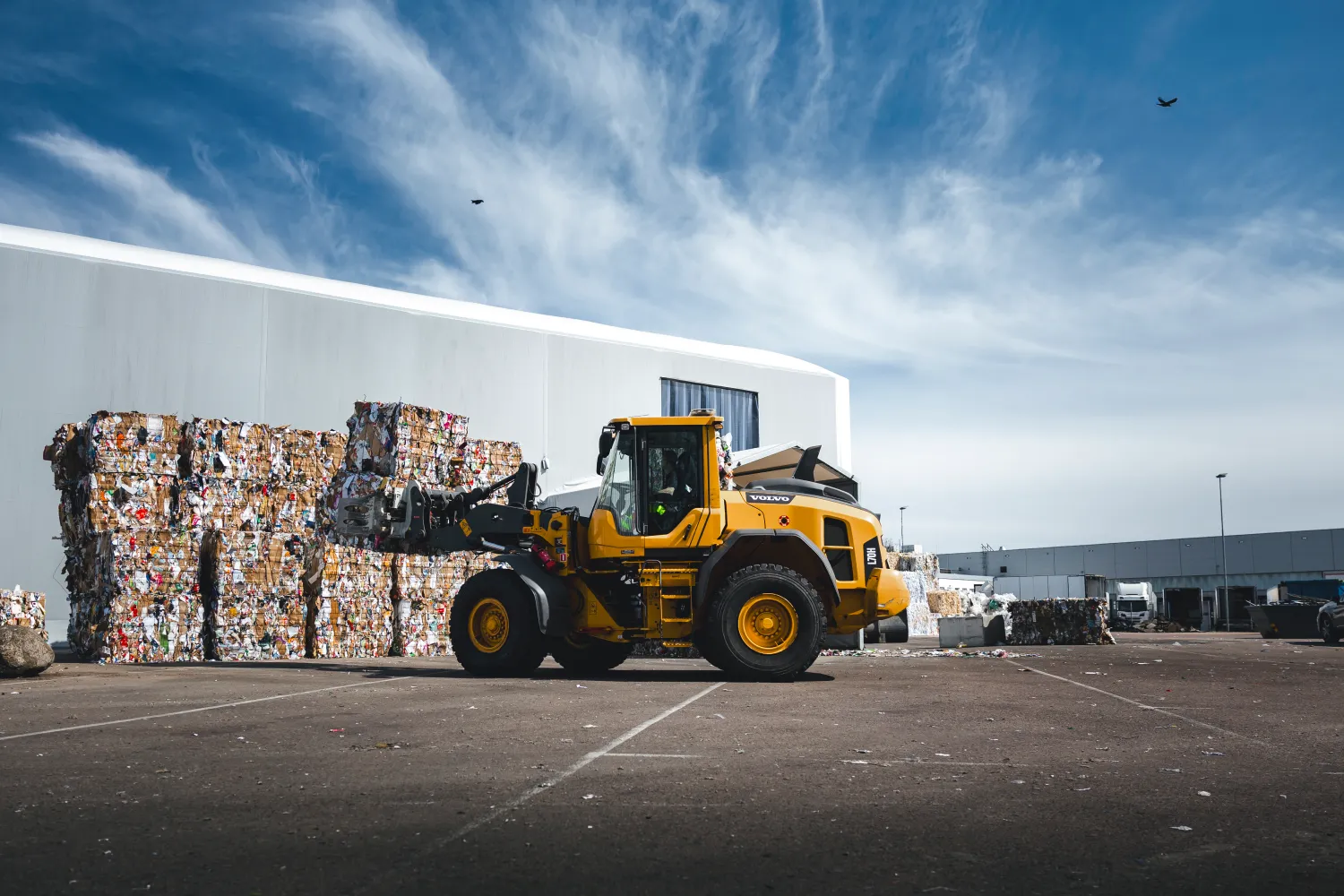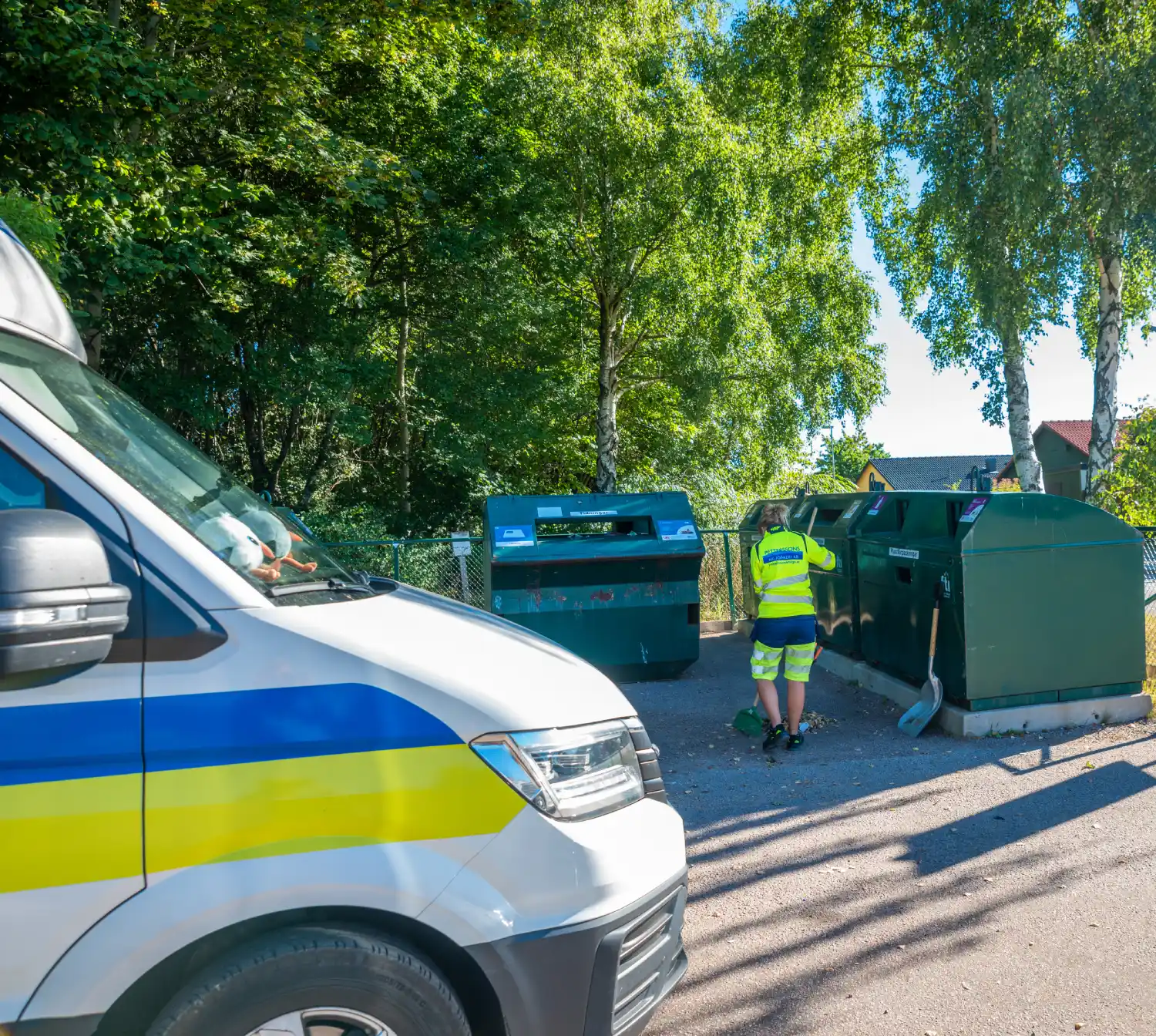The Ecological and Economic Benefits of Recycling in Sweden
The Ecological and Economic Benefits of Recycling in Sweden
Blog Article
Proper recycling stays one of the most impactful measures for sustainability. Nevertheless, for several residents, the Recycling (Återvinning) method can appear complex, major to reduce participation rates. Six municipalities are changing this by adopting extensive appearance management options made to make recycling simpler, better, and accessible for everyone.
Why Simple Recycling Matters
Across municipalities global, recycling involvement significantly impacts waste administration success. Studies indicate that areas with basic recycling programs see participation charges increase by around 20%-30% compared to people that have complicated systems. This improvement benefits not merely the surroundings but also municipal spend budgets, as better recycling charges reduce steadily the reliance on expensive landfill usage.
Simplifying procedures for people encourages correct sorting, reduces contamination, and increases the healing charge of recyclable materials. Municipalities employing modern strategies are showing that little changes may make a massive difference in achieving sustainability goals.

Critical Top features of Simplified Recycling
1. Distinct Recommendations on Presentation Products
One common concern in recycling is frustration about exactly what do and can not be recycled. A study revealed that 62% of residents are unsure about how exactly to sort specific components, especially with packaging. By giving current instructions and user-friendly brands on presentation, municipalities are helping residents sense more confident about their choices.
2. Centralized Drop-Off Items
Freshly introduced centralized series points are created to be easily positioned and well-maintained. These variety programs are proven to improve involvement, with studies highlighting a fifteen minutes rise in recycling costs in neighborhoods with easy-to-access drop-off stations.
3. Wise Recycling Bins
Scientific improvements bring advancement to recycling bins. Several municipalities today implement intelligent bins that recognize non-recyclable components or tell officials when bins are full. Such methods have decreased waste contamination by as much as 25%, in accordance with pilot plan statistics.
4. Educational Campaigns
Neighborhood engagement campaigns approaching the significance of recycling really are a game-changer. From workshops to applications giving recycling manuals, these efforts enhance awareness. Statistics show that house holds doing these programs boost their organizing accuracy by 18%-22% on average.

The Positive Outcomes
These comprehensive solutions not merely simplify recycling but also motivate long-term behavior change. Simplification fosters environmental stewardship, specially among younger ages eager to take action. Decreased contamination, improved recycling prices, and overall spend administration effectiveness are key outcomes benefiting municipalities and the world alike.
Municipalities employing these programs demonstrate that simplifying the recycling method is not just about convenience. It's about making sustainable techniques that work for people and the environmental surroundings together. Reaching greater recycling costs doesn't need an overhaul—just innovative alternatives that align with residents' everyday routines.
Report this page